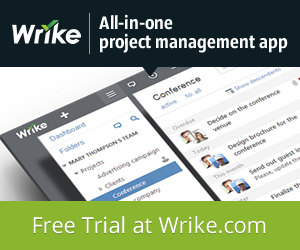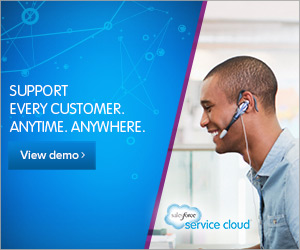
Which Magento hosting?
There has been a revolution in eCommerce over the past few years, due to both a massive rise in the use of open source software, and the virtual server space allowing businesses to scale rapidly as required. In the enterprise space, Magento has grown since launching in 2008 to become almost synonymous with eCommerce, leading to an acquisition by eBay in 2011, and passing the 4 million download mark in February 2012.
Having worked with specialist Magento developers and agencies, the importance of choosing a Magento web hosting provider cannot be underestimated. It can potentially consume a huge amount of resource, particularly if you plan to scale to multiple websites and a large product inventory, so the first step is to find a host with experience and specialism, such as UK-based Memset, which offers a specific health check service to identify performance, resource and security issues.
As with any software, there is a list of minimum requirements for any host, such as running Linux as the operating system, Apache web servers, PHP Compatibility and MySQL. But as with any software, increasing the memory and bandwidth available will only improve the speed and performance of your site – but the important element is to balance this with your requirements so you’re not overspending to service more customers than you actually have.
Also factor in the need for you or your hosting provider to be able to create multiple backups as standard practice is for at least incremental backups each day of the week, plus full weekly and monthly backups.
And there’s the issue of location, not only in terms of search engine optimisation, but also site speed, particularly with elements such as SSL certificates.
Creating a Magento Hosting shortlist:
The Magento site does offer a handy list of hosting providers but it’s worth keeping in mind that there are two distinct types of business in this list. The first is the hosting companies such as Memset, Sonassi, or Simple Helix which offer Magento specific solutions as part of their hosting business. The second are design and development agencies which also include hosting expertise, such as Jigowatt.
Which you choose will depend mainly on whether you are outsourcing your design and development, and whether you prefer to have everything managed by one company.
The next stage is to estimate your traffic requirements as accurately as you can – although you can easily scale with a VPS/Cloud Computing provider, it’s helpful to understand what you need as a starting requirement. This gives you a baseline to start a comparison between providers based on your current needs, and also then your projected needs in 12 or 24 months.
Finally it’s worth checking what optimisation methods and options are available as part of a specific package, and also if any additional tools you require will be compatible with the host you choose.
Bio: Ben Jones is a tech writer, particularly interested in how technology can help small businesses. He’s been assisting businesses in getting IT setups maximised, and is sharing experiences along the way.













